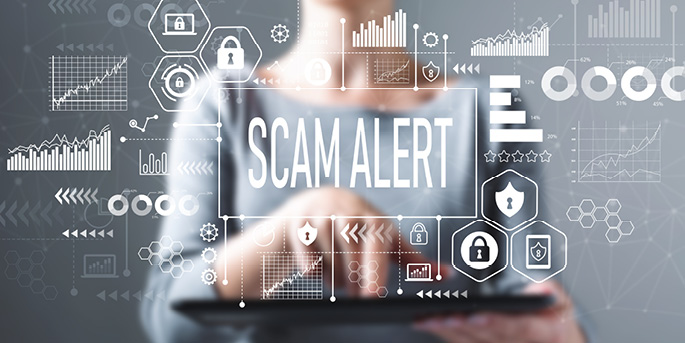Emergency Officials Scam
Minute Read

Scammers are impersonating technology, banking and government officials to convince unsuspecting individuals that their accounts are not safe or secure. Our top priority at Members 1st is to safeguard our members and their accounts, but it is vital to remember, you are the first line of defense.
How the Scam Works
The scammer may pose as a customer support representative from a legitimate company or government agency and contact you through a phone call, text, email or a pop-up window on your computer saying your computer is at risk. In all situations, the scammer will instruct you to immediately move your money to an alleged U.S. Government account to "protect" your assets. Scammers may ask you to transfer money via wire transfer, cash or virtual currencies such as Bitcoin.
They have even asked members over the phone to go into a branch and withdraw significant amounts of cash. They instruct members to stay on the phone while in the branch and not to speak to any associates. After the member gets the cash in hand, the scammer sends an address of a "secure government location," where they will take the money from them.
Tips to Protect Yourself
- Do not click on unsolicited pop-ups or links sent via text messages, email links or attachments.
- Do not contact the telephone number provided in a pop-up, text or email.
- If you receive an unexpected call from your financial institution, be sure to use a trusted number.
- Do not download software at the request of an unknown individual who has contacted you.
- Be wary of anyone who asks you not to inform others of the real reason you are moving money.
- Do not allow an unknown individual who contacted you to have control of your computer.
- The U.S. Government will never ask for money via wire transfer, cryptocurrency, gift or prepaid cards.
Your best defense against these scams is to use these tips to stay vigilant. When in doubt, give us a call at (800) 826-4314 or visit one of our nearly 60 branch locations.



